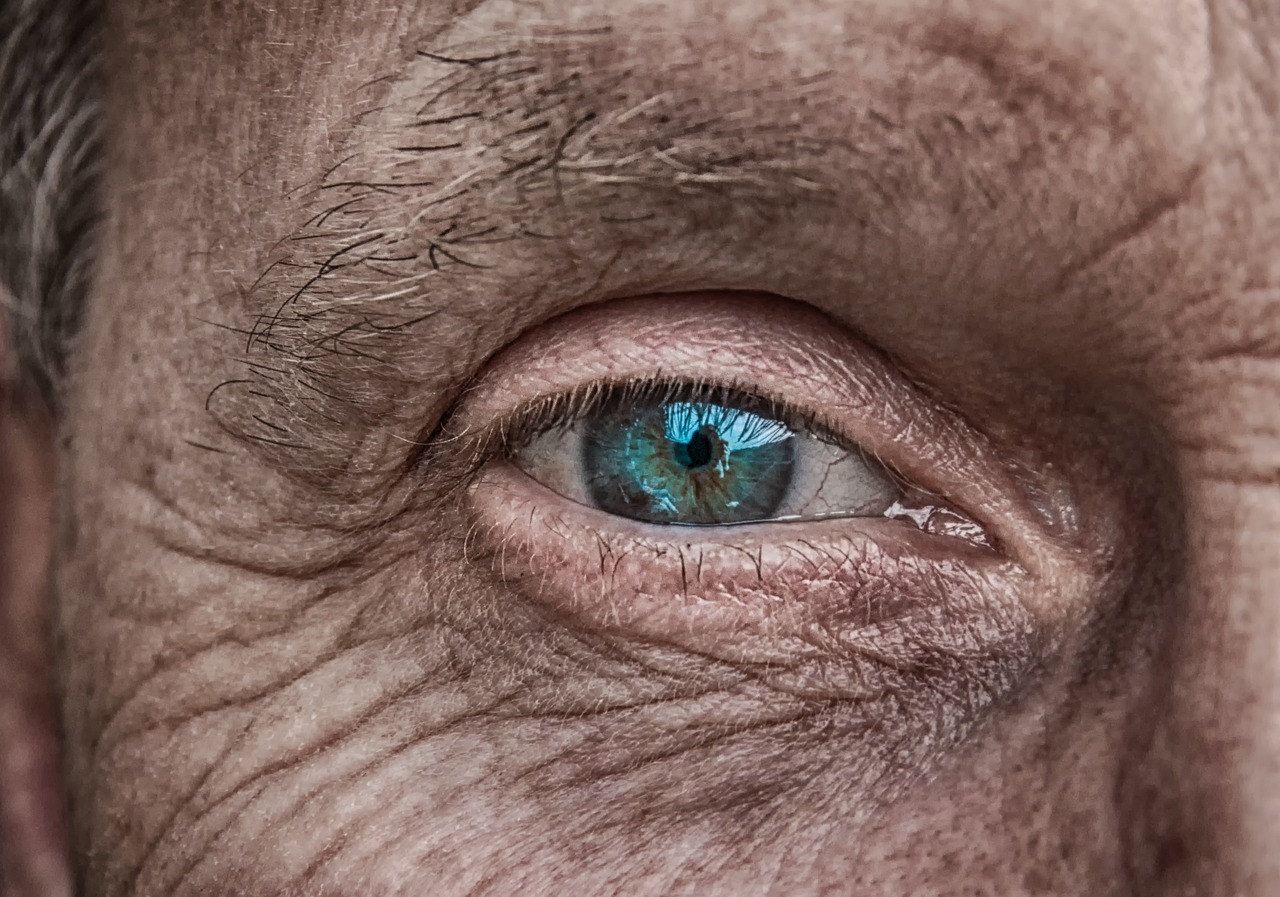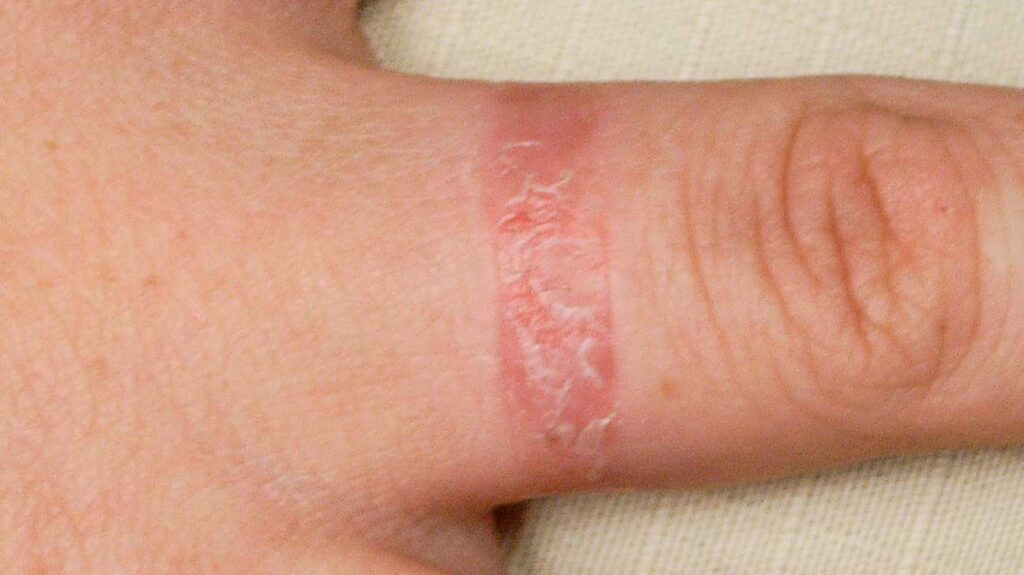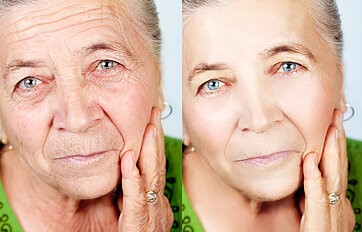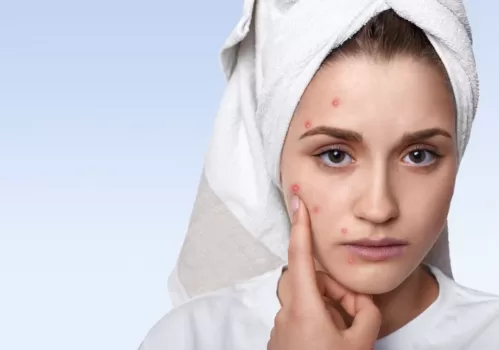Random dry patch on skin. Causes, Treatment & Prevention

Dry skin can make the skin look and feel bad. You might notice Random dry patch on skin and you’re not the only one. Dry skin affects a lot of people. Dry patches form in different areas of the body, and they can happen to anyone no matter their age. They’re a common condition that affects many people.
Dry skin is a problem for many people in the winter when the temperature is usually lower and the air much drier. You can moisturize and protect your skin to reduce its dryness. Experiment with different products to find the approach that best suits you. There are many options available out there and you must find the one which best suits your needs.
However, some people experience chronic or long-lasting dry skin conditions. This can indicate an underlying medical condition and these folks should see a doctor. Dry skin patches can be a result of an allergic reaction, dermatitis, or psoriasis and should be evaluated by a dermatologist. These three are the most common.
Read on to explore what could be causing random dry patch on skin, how to treat them, and how to prevent them from occurring.
Table of contents
Causes of Random dry patch on skin
The skin can become dry, scaly, or flaky for various reasons during everyday life. Some of the more popular reasons are using harsh soaps or being exposed to powerful chemicals.
Skin conditions can get worse in cold weather, including dermatitis, which is a broad term for any condition that causes skin inflammation. There are a variety of different types of dermatitis that can be attributed to different underlying causes.
As with any type of medical condition, it is important to know about these potential causes to best manage the individual’s symptoms.
What are the most common causes of the random dry patch on skin?
Contact dermatitis

Dermatitis often results in dry, itchy patches that are discoloured. Mostly, the condition is caused by coming into contact with substances that irritate the skin. This often leads to accidental exposure of the hands and face, which are common sites of dermatitis
Dermatitis is usually due to an allergy. If a person has contact with one of the common allergens (poison ivy, animal dander, detergents, etc.), their condition might worsen.
Symptoms include:
- dry, red, or scaly patches of skin
- Many people will experience itching or burning in the affected areas
- open or leaking blisters
- hives
Seborrheic dermatitis
Seborrheic dermatitis is a type of skin condition that can cause more oil to be produced in the sebaceous glands. It typically causes patches of white, crusty flakes on the head, face, chest, and back.
When neonatal seborrheic dermatitis affects infants, it is called neonatal seborrheic dermatitis cradle cap.
Symptoms include:
- Thin, white, or yellow scales
- Oily or greasy patches of skin
- Red patches of skin
- Itchiness
Atopic dermatitis
Eczema, or atopic dermatitis, is a chronic skin disease mainly found in children. Although there’s no single agreed-upon cause, genetic and environmental factors seem to be significant.
According to WebMD, the most common symptom of atopic dermatitis is dry, itchy skin that typically spreads across the cheeks, arms, and legs.
Other Symptoms include:
- dry, irritated skin
- scaly skin
- a rash
- itchiness
- cracked skin behind the ear
Psoriasis
Psoriasis is an autoimmune disorder that causes skin cells to grow too quickly for the body. When this occurs, scaly and itchy patches will typically appear on different parts of their body.
This chronic condition causes flare-ups. According to the National Psoriasis Foundation, flare-ups may be triggered by stress, smoking & alcohol, skin injuries, and certain medications.
Symptoms include:
- A variable skin rash that can look anywhere from small spots of dry skin to full-blown flare-ups, while being experienced by different people in different ways
- Rashes vary in color and may be red, purple, or yellow with brown or black skin and pink, silver, or white with white skin.
- Small scaling spots (commonly seen in children)
- Dry, cracked skin that may bleed
- Itching, burning, or soreness
- Cyclic rashes that last for a few weeks or months and then disappear
It’s always good to know the different ways your doctor can heal psoriasis since many treatments are available. You can also focus on remedies to help manage the symptoms of psoriasis-like light treatment, topical creams, and oral or injected medications.
Dry air, Dehydration, Smoking & Nutritional deficiencies
They are the most common and comparatively harmless causes of random dry patch on skin.
Dry air
Excessively dry air can cause your skin to dry out and may even lead to the development of dry patches. When it is hot, higher humidity levels can help but not if the sun is shining! A side effect of excessive sun exposure is also a drying effect on your skin.
2. Dehydration
If you don’t drink enough fluids, you might develop dry skin. This happens when your skin doesn’t get the moisture it needs to stay healthy and thrive.
The Institute of Medicine found that to safeguard against dehydration, people need to drink the following daily:
· Men aged 19-30 should drink at least 13 cups of fluid each day.
· A woman between 19 and 30 years of age needs at least 9 cups of fluids each day.
3. Smoking
Smoking can affect how your skin ages, causing wrinkles, dryness and a tired complexion. It’s important to maintain healthy living habits that promote the healthiest appearance possible.
4. Nutritional deficiencies
If you are not consuming enough calcium, vitamin D, or vitamin E you could be at risk of dry, white, or light-colored patches appearing on your skin. These patches usually go away on their own but a doctor may recommend taking supplements for them.
Treatments for Random dry patch on skin
Treatment for your random dry patch on skin will depend on what is causing them.
Your doctor may recommend over-the-counter or prescription creams, ointments, or lotions to help with your skin condition. In some cases, though, pills or an infusion of stronger medications are used. Depending on the severity of your case and the type of medication you’re taking, this may require one-time daily treatment for a while.
If you have dry skin that isn’t resolving with standard treatment or it’s worsening, consult a physician. It’s also advisable to seek medical assistance if you’re concerned your symptoms might be related to an underlying illness.
Getting an early diagnosis of your skin condition can help prevent more serious conditions from starting.
Prescription medicines for treating severe or atopic dry skin include:
- topical medications and creams that are effective against acne, such as retinoids and alpha hydroxy acids
- steroids, including hydrocortisone
- antibiotics
- topical antiseptics
- antihistamines
How to prevent Random dry patch on skin
It is possible to help prevent dry, itchy skin by following these steps:
- Moisturizers are essential for healthy skin. Every day our skin loses moisture, so it’s important to maintain a healthy level with moisturizers.
- Limit bathing to one shower or bath per day.
- Limit the time you spend bathing.
- It’s recommended to avoid taking hot baths or showers. Instead, take baths and showers in warm or lukewarm water to keep it more moderate for your skin.
- Add some moisture from a humidifier to the air in your home.
- Use moisturizing body and hand soap.
- Apply sunscreen or face moisturizer if exposed to the sun. Wear layers of clothing and cover up your skin.
- Avoid itching or rubbing your dry skin.
- Drink plenty of fluids throughout the day.
Conclusion
Dry skin usually has many causes, and it might not be clear at first what’s causing it. You may have a skin condition, or the dryness could be related to things like stress, smoking, or some other habit.
Speak to a doctor to determine the cause of dry skin patches. They will be able to recommend the best treatment for each individual. Speak with a doctor to determine the cause of dry skin patches. They will be able to recommend the latest, most rewarding treatment for you
We, AGP Health and Beauty help you to save time by eliminating the need to search various websites for the best skin care products. At agphealthnbeauty.com, you can find, compare and finalize the product you desire to buy.








Comment to this Article
Comments that encourage respectful conversation are welcomed at AGP Health n Beauty. Stay on subject, please. Comments that are aggressively promotional of goods or services or that include personal attacks, vulgar language, or other forms of abuse will be deleted. Which remarks break our comment policy will be decided at our discretion. (Anonymous comments are accepted; just leave out your name in the comment box. Although necessary, your email address won't be posted with your comment.)